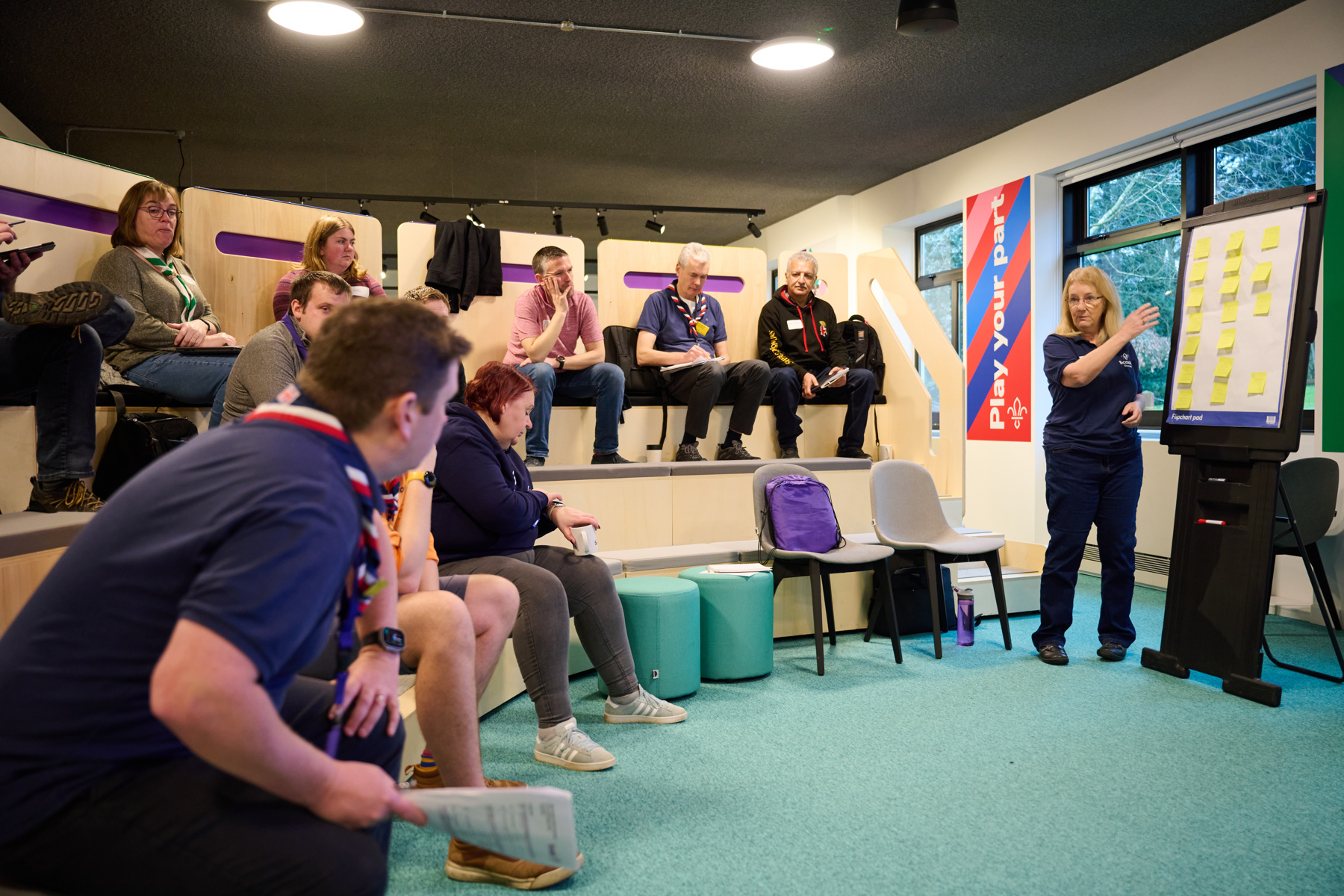Step 4: Keep Going
Step 4: Keep Going
Before moving on to the Keep Going phase, check you’ve:
- Delivered your communication plans and learning programmes
- Feel prepared to manage resistance to change
- Have change champions in place to support
Once you've started making changes, it's important your plan goes smoothly. Think of this phase as ‘Keeping Going’, where you’re keeping the positive momentum up and making sure the changes stay in place.
The ‘Keep Going’ phase is about remembering we have a culture of constant improvement and maintaining the momentum for change.

Ongoing support for your patch after a change will be crucial for several reasons:
- Adaptation and Learning: Change often involves learning new skills, processes, or tools. Ongoing support helps people adapt to these changes by providing continuous learning opportunities, ensuring they feel confident and competent in their roles.
- Reducing Uncertainty: Change can create uncertainty and anxiety. Ongoing support provides a consistent source of information and assistance, helping individuals navigate the ambiguity that often accompanies change.
- Building Confidence: Ongoing support boosts individuals' confidence by assuring them that help is available when needed. This confidence is essential for encouraging proactive engagement with the changes and a positive mindset.
At Scouts, we want to take every opportunity to celebrate success.
We also want to understand how we achieved success. This gives people the opportunity to think about what led to the successful outcome, and we can acknowledge the people that helped make it happen.
Often, we can focus on the end of the journey and forget the smaller wins that lead to the bigger success. Celebrating these smaller wins can keep people motivated and engaged with the whole journey.
Celebrating success is great for recognising the input everyone had, highlighting what worked well to encourage more of the same, and boosting involvement with change.
By celebrating success together, whether we’re at team meetings or events, we can grow our understanding of each other and build a feeling of belonging. It’s also great for improving our self-confidence.
Here are some ways to celebrate success:
- Include time in regular meetings or events to share success stories with each other.
- Use communication tools, like newsletters or blogs, to share success stories beyond the team. This way, you’ll be increasing your communities’ understanding of the changes and why they’re beneficial.
- Having a ‘volunteer of the week’ board is a nice way to recognise people who’ve shown strong enthusiasm towards change. You could also write a handwritten note or email.
- Go for a meal as a team or bring food (for example, cake) to a team meeting to celebrate.
- Could you take on a task for someone to say thanks? This could be anything from washing-up duty to re-painting a shed.
- You could get together and chip-in for a voucher for their favourite coffee shop, or some new equipment for a local Scouts meeting place.
This is an opportunity to come together and think of meaningful ways to celebrate a team or team member’s actions and behaviours, so get creative!
Remember to think about how different people like to celebrate – not everyone will like to be celebrated in the same way.
By regularly engaging with those who’ve experienced change and keeping an eye on things, you can catch any issues early on and fix them before they become bigger problems. Staying engaged and continuing to support people means you can make sure these changes go from new processes to ‘just how we do things.’
It’s also important to measure the difference the change is making in the long term. You might do regular survey questions on your patch, or review a key set of numbers with your local teams. Here’s a tool which can help you monitor the longer term benefits of change...
Ensuring Long-Term Success
For change to be successful it's important that it is embedded into everything you do and becomes the new normal.
To help you with this we've produced a Keep Going Planner tool which can be used to help you sustain and measure your changes.
Final checklist
- Do we have ongoing support in place while we transition to the new normal?
- Do we have ways to celebrate both big and small successes locally?